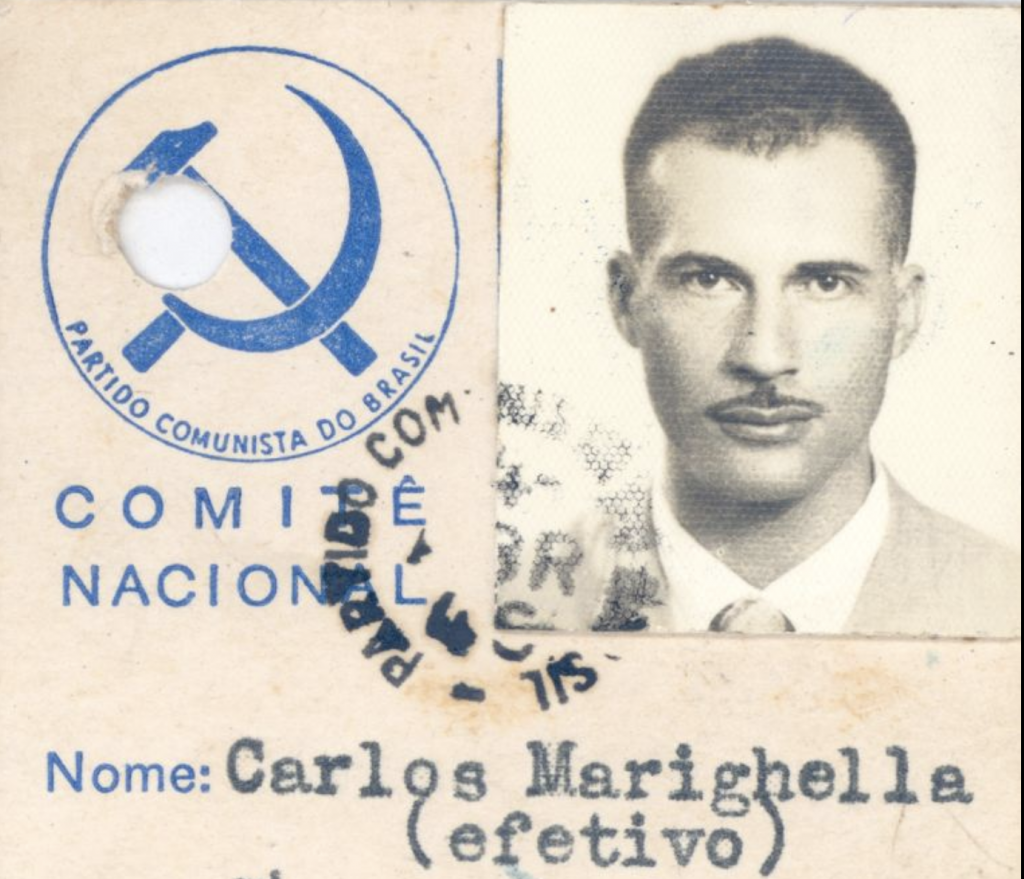RIO DE JANEIRO, BRAZIL – The film “Marighella”, directed by Wagner Moura, had its premiere indefinitely deferred in Brazil.
In a statement, producer O2 Filmes reported that the film’s premiere, initially scheduled for November 20th, was canceled because the directors were unable to “comply with the procedures” required by the National Cinema Agency.
The date initially chosen for the release would mark both the fiftieth anniversary of Carlos Marighella’s murder and the Black Awareness Day.
The funds for production and marketing of the film come from the Audiovisual Sector Fund (FSA), administered by ANCINE. Distribution is by Paris Filmes.
Recently, the agency had already denied two requests from the production company O2 Filmes regarding “Marighella”. The first concerned the reimbursement of part of the money invested in the feature film’s production, in the amount of R$1 million (US$250,000). The second requested an upfront payment of marketing funds for the release of the film.
“It is impossible not to think that there is political coordination to create this type of environment,” director Wagner Moura told Época magazine at the time. He had already anticipated, at the time, that the Agency’s rejection could hinder the film’ premiere.
According to O Globo, O2 held ANCINE accountable for the delay in approving the transfer of funds from the FSA.

Since the beginning of his mandate, Jair Bolsonaro (PSL) has repeatedly stated that he intends to increase control over Brazilian audiovisual productions supported by ANCINE. On Tuesday, September 10th, Bolsonaro dismissed the agency’s president, Christian de Castro, and four other servers.
“He must carry the Bible under his arm and know 200 verses,” the president told the newspaper Valor Econômico regarding the search for a substitute to take over ANCINE. The statements were made to journalists at the Army Headquarters in Brasília.
The agency has an annual budget of nearly R$1 billion, and the audiovisual sector moves R$25 billion annually.
For next year, according to the budget proposal sent by the Executive to Congress, there may be a 43 percent cut, reducing the FSA’s budget, managed by ANCINE. The resources expected for the Fund in 2020 amount to R$415.3 million.
Marighella is a 2019 Brazilian film directed by Wagner Moura, based on the life of the politician and guerilla fighter Carlos Marighella. The film was adapted from the biography Marighella – O Guerrilheiro que Incendiou o Mundo (Marighella – The Guerrilla fighter that Lighted the World), by Mário Magalhães. It is Moura’s directorial debut.
The film debuted at the 69th Berlin International Film Festival on February 14, 2019, but did not participate for the Golden Bear Award.
Several sources reported that internet bots were used to reduce the movie rating on the IMDb website. In response, IMDb deactivated ratings on the film’s page. By February 18, 2019, the movie had more than 15,000 ratings on IMDb, although it had not yet been released in theatres.
The film has also attracted political controversies. Stephen Dalton, writing for the Hollywood Reporter, remarked that Wagner Moura presents Marighella’s character as a hero and a martyr for democracy and liberal values, even though, in reality, Marighella was a self proclaimed far-left Marxist, who many would deem a terrorist by modern standards.
Further, Marighella’s ethnicity was also deeply debated. In the movie, Moura portraits him as black. However, many critics claimed that in reality Marighella was white or pardo (mestizo) and Moura tries to rewrite history by labelling him as a black hero. In response, Moura argued that “[t]here’s no way to discuss any social issue in Brazil without talking about racial issues. For me, Marighella had to be black.”

